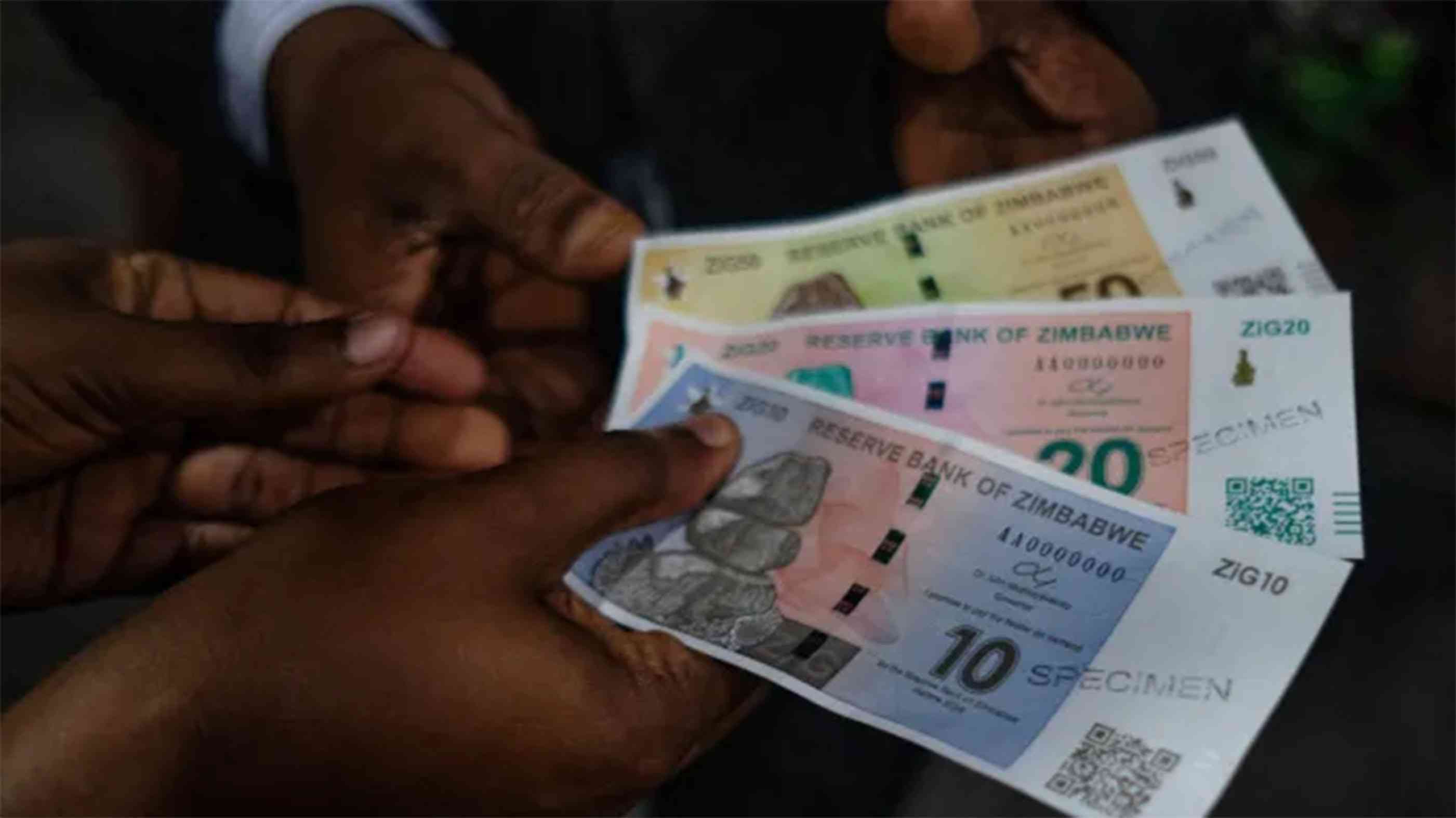
AS the debate over the implications of Zimbabwe's transition to a gold-backed currency, known as Zimbabwe Gold (ZiG), rages on, pockets of distress are emerging among long-suffering consumers.
In towns and cities, prices of goods and services have rocketed by at least 50% since April 5, when the central bank announced it was decommissioning the battered Zimbabwe dollar (ZWL), according to the Consumer Council of Zimbabwe (CCZ).
Before the decision was made, the currency had surrendered 80% of its value against the United States dollar within three months, according to several estimates.
It was the latest phase of tailspins that deteriorated last year, when the Zimbabwe dollar (ZWL) depreciated by up to 800%, under pressure from rampaging inflation.
A brutal black market was also driving fragilities.
Reasons of consumer market setbacks are many.
According to Denford Mutashu, president of the Confederation of Zimbabwe Retailers (CZR), action must be taken early.
He says while the general plan is to encourage markets to devote ZiG to domestic transactions, there is a real threat to the Reserve Bank of Zimbabwe’s delay in rolling out physical ZiG notes, which come to the market on April 30.
- Chamisa under fire over US$120K donation
- Mavhunga puts DeMbare into Chibuku quarterfinals
- Pension funds bet on Cabora Bassa oilfields
- Councils defy govt fire tender directive
Keep Reading
In remote outback locations, shops are already rejecting the ZWL.
Market watchers like Mutashu say by delaying, authorities are actually promoting trade in US dollars, which they may struggle to reverse.
In an interview with the Zimbabwe Independent this week, Rosemary Mpofu, chief executive officer at CCZ, laid out the headwinds gripping a market that authorities are so desperately trying to lift out of a prolonged quagmire.
“Despite the positives noted in the introduction of the new currency, the release of the new notes and coins has lagged way behind,” Mpofu said.
“This has created some challenges, both to business and consumers in terms of transacting. Apparently, a number of suppliers mainly in small retail outlets have been refusing acceptance of any currency other than the USD despite the government having pronounced that the old ZWL will continue in circulation until the release of the new notes and coins expected by the end of April 2024,” she said.
“Against this background, CCZ is calling for the central bank to hasten the release of the new notes and coins in order to address the above-mentioned challenges currently facing the consumers. Another issue of concern caused by the delays in the release of the new notes and coins relates to transport costs. Consumers have been forced to pay a fare of US$1 for commuting the same distance which they used to pay US$0,50 per trip.
“The prices of a number of products have gone up since the pronouncement of the 2024 monetary policy statement (MPS), notably mealie meal and rice.
“Admittedly, it will be too early and inconclusive to attribute this increase in price to the new MPS. The market is still adjusting and it is our fervent hope that the prices will eventually correct themselves downwards,” Mpofu said.
ZiG itself has not had it easy since its launch. It has taken heavy knocks on the black market, depreciating to US$1:ZiG22 this week, after launching at US$1:ZiG13,56.
However, it has held ground on the official market.
A Bloomberg report said this week the new currency had reversed a near 330% gain on the Zimbabwe Stock Exchange (ZSE) this year, “leaving investors dealing with the fallout”.
ZSE’s All Share Index has plummeted by 99,95% since April 5, when the gold-backed currency was announced.
“The volume of trades and value of transactions have also plunged as share prices were converted from the old currency to the new,” Bloomberg said.
“Prior to the conversion, investors piled into stocks as they sought refuge from the local dollar’s collapse and surging inflation that in March stood at a seven-month high of 55,3%.
“The bourse offers one of the few investment options in the southern African nation for investors to hedge against exchange-rate volatility and inflation,” the report added.
Mutashu warned about the ramifications of ZiG notes delays on trade.
“This delay is having a significant impact on trade, particularly in remote areas and informal markets where cash is the primary mode of payment,” he told the Independent.
“The absence of physical currency is promoting the continued use of the US dollar, potentially leading to a solidified preference for the US dollar in these areas.
“This, in turn, could undermine the acceptability and adoption of the ZiG currency once it is introduced,’ Mutashu said.











